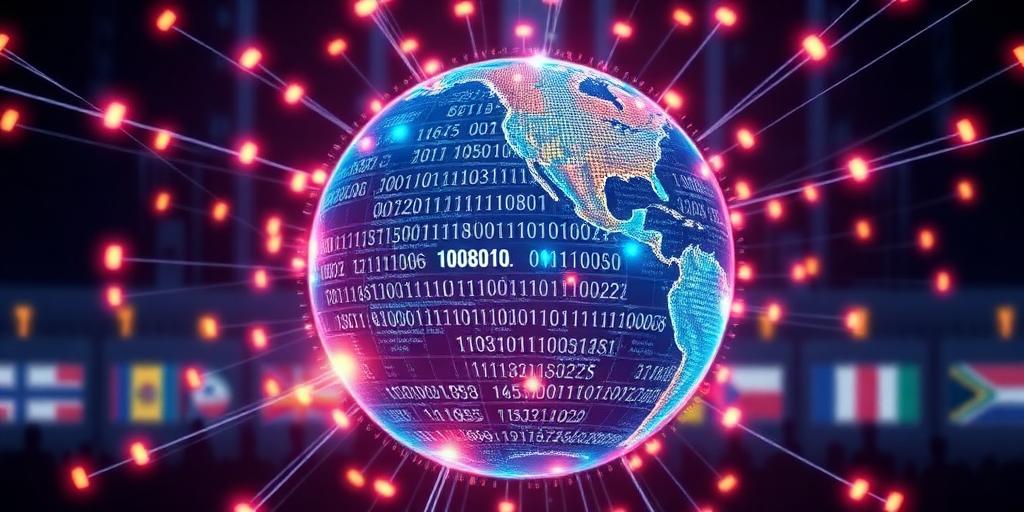The Geopolitics of Cybersecurity: A Complex Web of Nations, Threats, and Strategies
In an increasingly interconnected world, cybersecurity has transcended the boundaries of mere IT concerns and emerged as a critical element of geopolitics. Nations now recognize the internet and digital infrastructure as potential battlegrounds, leading to a complex interplay of cooperation, competition, and conflict in the digital realm.
Understanding the Landscape
The geopolitics of cybersecurity involves various state and non-state actors, each with their own objectives and capabilities. Nation-states, such as the United States, China, Russia, and North Korea, possess advanced cyber capabilities and often engage in espionage, sabotage, and influence operations. Non-state actors, including hacktivist groups, cybercriminals, and terrorist organizations, also pose significant threats, exploiting vulnerabilities for financial gain, ideological purposes, or disruption.
Key Geopolitical Issues in Cybersecurity
Several key issues define the geopolitical landscape of cybersecurity:
- Cyber Espionage: Nations conduct cyber espionage to gather intelligence on foreign governments, industries, and technologies. This information can be used for strategic advantage, economic gain, or military planning.
- Critical Infrastructure Protection: Protecting critical infrastructure, such as power grids, transportation systems, and financial networks, from cyberattacks is a major concern for governments worldwide. Disruptions to these systems can have devastating consequences for national security and economic stability.
- Cyber Warfare: Cyber warfare involves the use of cyberattacks to disrupt, damage, or destroy an adversary's military capabilities, critical infrastructure, or government functions. While large-scale cyber warfare has not yet occurred, the potential for such conflicts remains a significant concern.
- Information Warfare: Information warfare aims to manipulate public opinion, spread disinformation, or interfere in democratic processes. Social media platforms have become key battlegrounds for information warfare, with state and non-state actors using them to spread propaganda and sow discord.
- Data Sovereignty: Data sovereignty refers to the concept that data generated within a country should be subject to its laws and regulations. Governments are increasingly asserting control over data flows, requiring companies to store data locally and comply with national privacy laws.
International Cooperation and Challenges
Addressing the challenges of cybersecurity requires international cooperation. Organizations like the United Nations, the European Union, and the G7 are working to establish norms of behavior in cyberspace, promote information sharing, and enhance cyber capabilities. However, differences in national interests, political ideologies, and legal frameworks often hinder effective cooperation.
The Future of Cybersecurity Geopolitics
The geopolitics of cybersecurity will continue to evolve as technology advances and new threats emerge. Artificial intelligence, the Internet of Things, and quantum computing are likely to reshape the cyber landscape, creating new opportunities and vulnerabilities. As nations become more reliant on digital technologies, the stakes of cybersecurity will only increase, making it a critical domain of geopolitical competition and cooperation.









